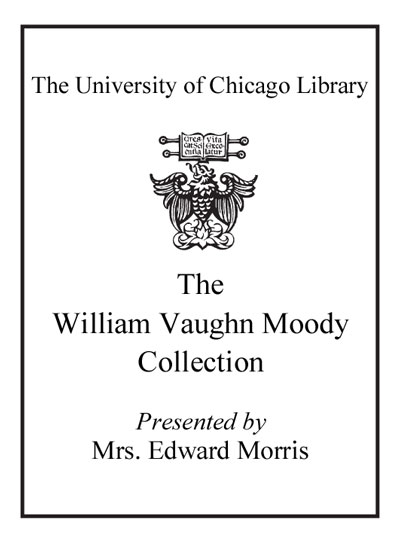Review by Choice Review
With a cover designed to resemble the Harper Perennial editions of Hurston's fiction, this book embodies the affirmative spirit of its subject. This is so even though Moylan (independent scholar) is chronicling Hurston's last, difficult decade, in which she was unemployed, her works were out of print, and her solidarity with the African American community was diminished by her dislike of the Supreme Court's desegregation ruling. Despite some mistakes (e.g., the right-wing Florida senator Hurston supported was Spessard Holland, not "Spencer"), Moylan proves a reliable, informative guide. The reader learns about unfinished projects like the picaresque "The Lives of Barney Turk." She provides a crucial, deft analysis of Hurston's unpublished novel on King Herod the Great, in which Hurston attempted both an anticommunist allegory and a revision of normative biblical history. And Moylan gives a judicious account of Hurston's attitude toward desegregation, writing that Hurston feared it would rob "black children of traditions that contributed to their individual and cultural identities." Hurston got it wrong, but few people got both anticommunism and antiracism right in that era. Moylan shows that however uncomfortable one might feel with Hurston's later years, they are an integral part of this great American writer's story. Summing Up: Highly recommended. Lower-division undergraduates and above. N. Birns The New School
Copyright American Library Association, used with permission.
Review by Booklist Review
In 1948, Hurston's promising though iconoclastic career was nearly ruined by false accusations of child molestation. Sensationalized reporting by some in the black press added to a despair that drove Hurston nearly to suicide. But she returned to Florida, the setting of many of her works and a place of respite, where she continued to write for the next 12 years. Hurston also stirred up controversy by opposing the Brown decision and forced desegregation and developing friendships with politicians disfavored by civil rights veterans. Estranged from the black establishment, she nonetheless worked for racial justice, covering the trial of a black woman in Florida charged with the murder of her white lover, a prominent doctor. Hurston struggled with illness and penury before dying in a nursing home at 69, with her books out of print. Moylan interviewed Hurston's friends and neighbors and drew on archival material, including never-before-published letters, to offer this look at the final decade in the life of a woman who was a writer, an anthropologist, and a folklorist unafraid to challenge conventions.--Bush, Vanessa Copyright 2010 Booklist
From Booklist, Copyright (c) American Library Association. Used with permission.
Review by Publisher's Weekly Review
Moylan's goal-"to freshly interpret" Zora Neale Hurston's tumultuous final decade, rocked by scandal and the author's controversial political views-is ill-met by this well-intentioned but clunky biography. Moylan, founding member of the Fort Pierce, Fla., Annual Zora Festival, draws heavily on two texts (Valerie Boyd's biography Wrapped in Rainbows, and Carla Kaplan's edition of Hurston's letters, Zora Neale Hurston: A Life in Letters), supplemented by a number of interviews with the employers, acquaintances, and friends of Hurston's last decade. After a brief biographical sketch of Hurston's early years, Moylan addresses, in term-paperish prose, the false child molestation charges that, even after they were recanted, left Hurston's reputation in tatters, and her very controversial (in Moylan's words, "eccentric") objections to Brown v. Board of Education and desegregation on the grounds that, in her perspective, "racial uplift" would come by individual effort alone. Hurston's final creative projects-her development of an "anthropologically correct" black baby doll and planned biography of King Herod attest to how the famously idiosyncratic and iconoclastic writer remained deeply unpredictable and fascinating, and that her "lost years" merit a thoughtful and thorough biography. Unfortunately, this meandering, amateurish account isn't it. (Mar.) Theories of International (c) Copyright PWxyz, LLC. All rights reserved.
(c) Copyright PWxyz, LLC. All rights reserved
Review by Choice Review
Review by Booklist Review
Review by Publisher's Weekly Review

